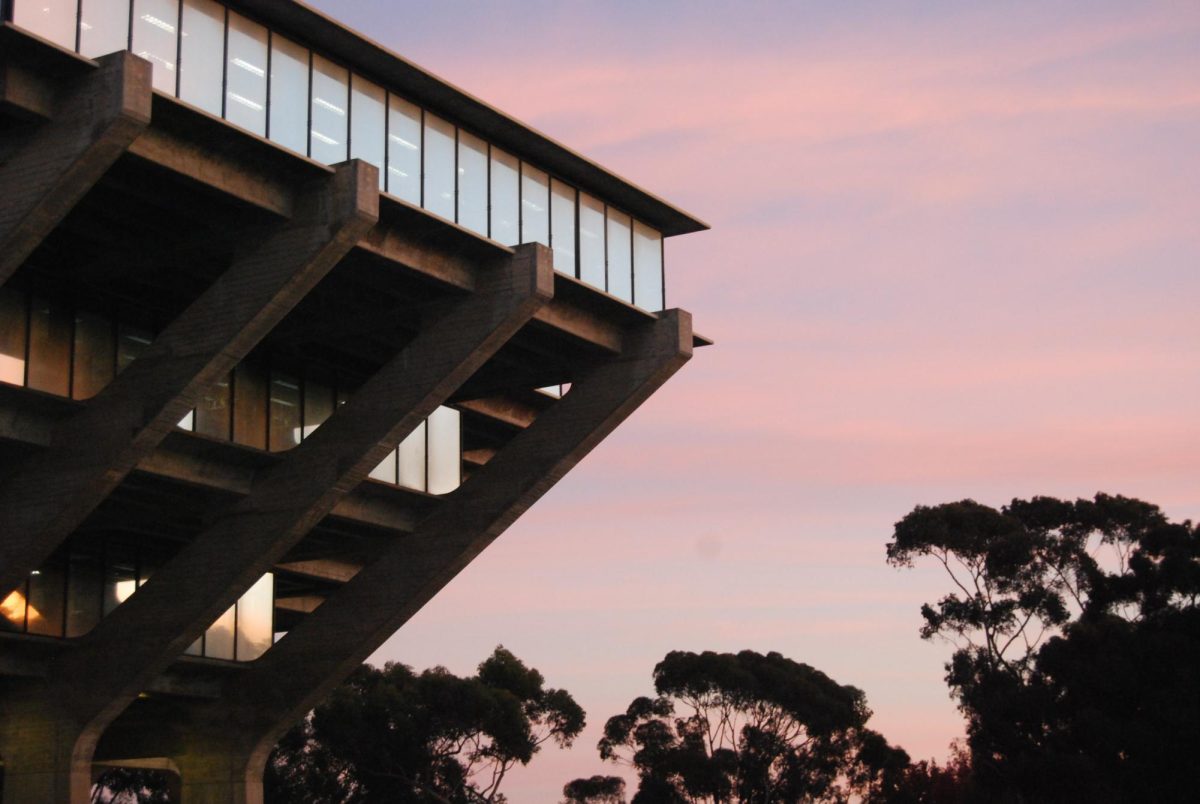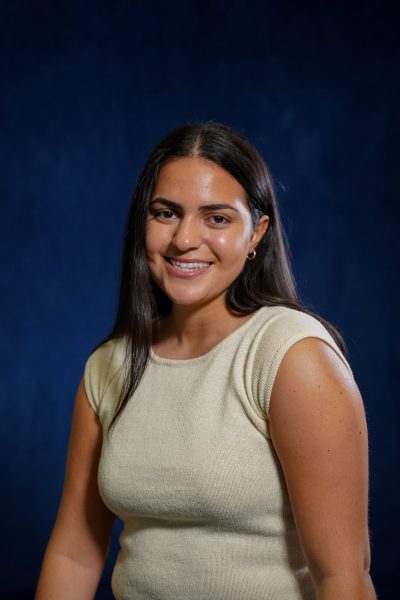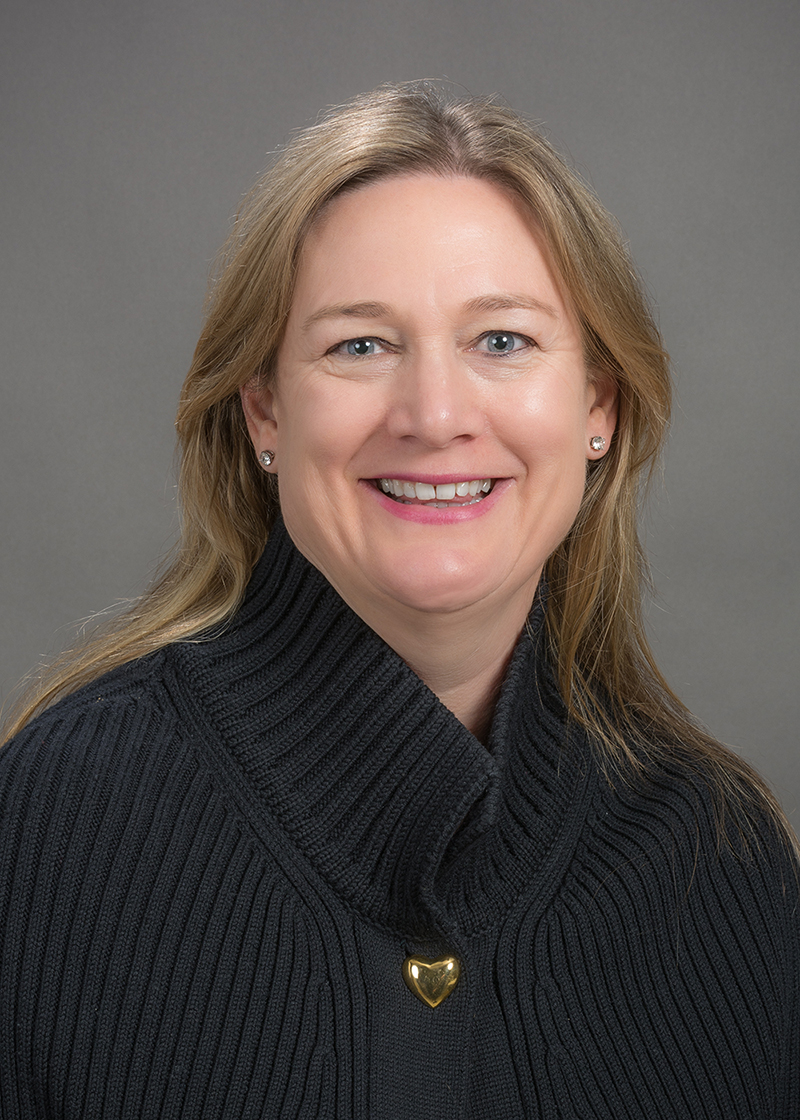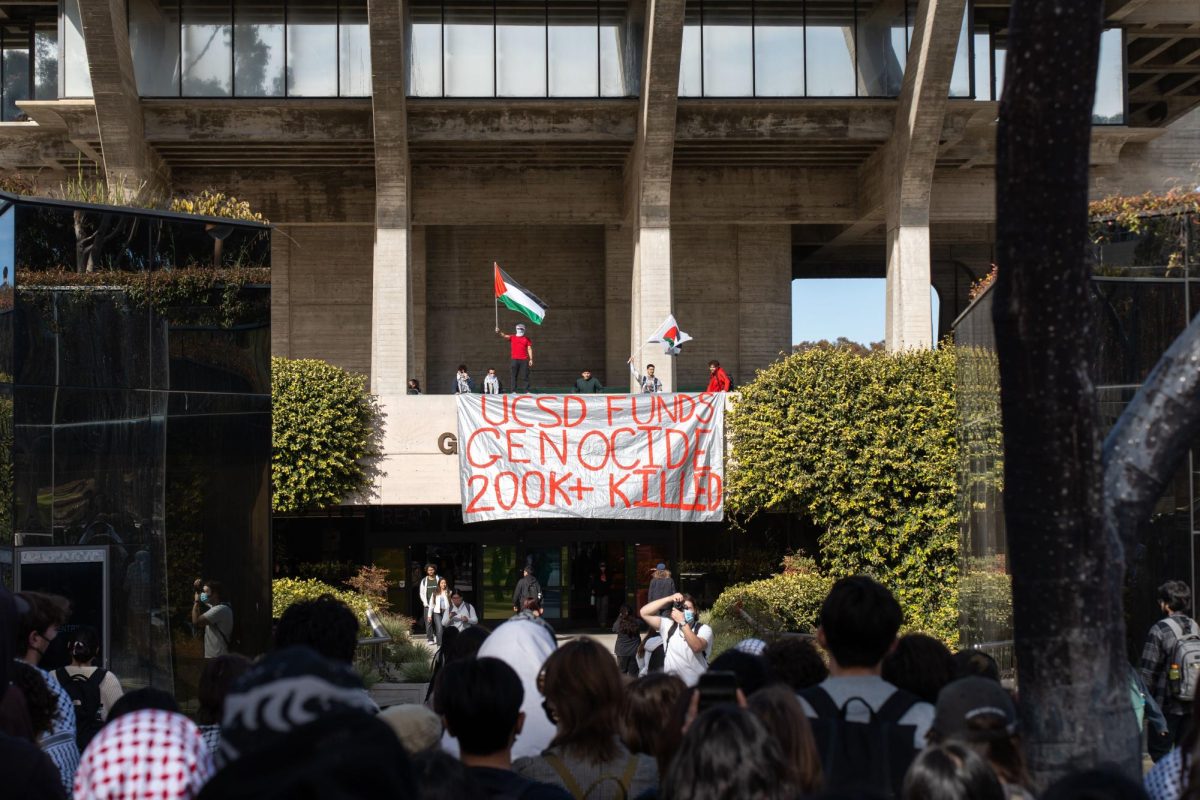The most recent wave of Geisel budget cuts have sparked upset among students and staff surrounding the UC’s fiscal priorities. These types of cuts to vital student services are not new in the UC system, and reflect a long history of defunding educational resources like libraries over time.
Amid sweeping budget cuts, library services have taken a massive hit across the University of California. At UC San Diego, administration slashed Geisel Library’s hours of operation, leaving many students at a loss for quiet spaces to study on campus. As of this academic year, the first two floors of Geisel are no longer open for overnight study. Though funding library services has historically been a demonstrated constituent interest, trends in government budgeting show deprioritization of these vital resources.
UCSD has stated that the reduction in operating hours is in response to cuts in the 2024-25 California state budget; for the UC system, this includes a one-time General Fund reduction of $125 million, as well as an ongoing General Fund reduction of $377 million for 2025-26. In UCSD’s budget reduction initiative, which will be implemented throughout the next academic year, the administration identifies the library for an 8% reduction — a total of $3.3 million — in campus funding. Some have argued that this amount is negligible in the context of the overall initiative.
According to University Librarian Erik Mitchell, the library has reduced its collections budget by $250,000 for the 2025 fiscal year and plans an additional $250,000 reduction for the following year.
Students have posited various theories as to why the school is targeting Geisel. Many disagree with the decision to deprioritize library services for other campus expenditures.
“For a school that’s known for being difficult, I think having a reduction of spaces where you can study … is silly, especially given how much we pay to be here,” second-year Cole Johnson added. “You need those spaces to help students actually retain the things they’re learning.”
Second-year Destiney Friday expressed that she felt the budget cuts to the library were affected by UCSD having alternative funding priorities, such as construction or campus police. “I do think the amount of money they put into funding UCPD and such played a role,” she said.
Notably, funding for construction and police have seen increases this year more than ever. There are 10 major construction projects currently taking place across campus, with many serving solely aesthetic or commercial purposes, such as those at Birch Aquarium and the La Jolla Shores Overlook. The school has also increased the salary of campus police officers by 7.5% this year, following last spring’s cancellation of Sun God Festival to fund the deployment of “campus security resources” in response to student protests for Palestine.
Last year, the UC Regents approved a $500,000 raise last year for Chancellor Pradeep K. Khosla while many student activities and services faced major budget cuts. Many students expressed grievances with the university system’s fiscal priorities, feeling as though this raise came at the expense of their own educational services.
“I think it’s frankly shameful of UCSD to cut funding for student spaces, especially after the regents and chancellor received such a big raise,” fourth-year Annelise McCullough said. “It really shows me that UCSD does not care about the students and our education the way they purport they do.”
This is not the first time UCSD has targeted library services in the face of financial limitations. During Fall Quarter 2011, the university closed the Center for Library and Instructional Computing Services and reopened it as Galbraith Hall. This announcement prompted a student protest during finals week, wherein approximately 50 students broke into the building, speaking out against budget cuts and advocating for their right to on-campus study spaces. As a result, CLICS remained open as a study space until renovations began and overnight study was implemented in Geisel Library — an accommodation that the university has now revoked a decade and a half later.
In the year after CLICS’ initial closure, UCSD decided to close its Medical Center Library, International Relations and Pacific Studies Library, Science and Engineering Library, and SIO Library. The spaces were consolidated into the Sally T. WongAvery Library and Geisel Library, which majorly affected all the libraries’ collections and resources. For example, CLICS was forced to return all their rented books and distribute its computers across various locations on campus.
Today, UCSD’s library services are facing eerily similar adjustments, with Mitchell stating that “some changes to resources and services affecting students — like collections — were unavoidable.” Geisel’s collections will be irrevocably impacted by these cuts, which require the library to prioritize shifting towards digital-only resources and focusing future acquisitions only on “high-demand” materials.
These changes are occurring at UCSD only a few months after UC Berkeley’s decision to close three of their campus libraries — the culmination of a decade-long budget cut initiative which also included cutting the hours of other libraries and consolidating collections into “hub libraries” and digital-only spaces.
In a 2021 editorial in Berkeley’s student newspaper, the Daily Californian editorial board offered familiar commentary on this issue. “Providing students with 24-hour study spaces … ensures everyone has access to Wi-Fi, technology, printing, and a quiet place to spend caffeine-filled nights studying,” they stated. “Campus must prioritize its ultimate purpose — to give everyone who attends this school the opportunity to succeed.”
Over the past 15 years, the same pattern has been made apparent across the UC system, from UC Santa Cruz’s mass destruction of Science and Engineering Library volumes to UC Davis and Riverside’s continual consolidation and digitization of physical library collections.
Time and time again, library services are the first in the line of fire when the university needs to save a few dollars. The University Council-American Federation of Teachers cites this “years-long disinvestment in our UC libraries” as a major threat to UC students and school communities.
“UC campus administrators will spend millions on expensive software platforms, streaming media services, and inflated contracts for scholarly publications while underfunding user services that students rely on,” UC-AFT says on their website.
Although Geisel’s recent budget cuts have not changed the number of hours that employees work, UC-AFT adds that schools across the UC system fail to pay their librarians living wages, thereby weakening their ability to hire and retain librarians.
At UCSD, students agree that Geisel’s overnight services were integral for those without easy access to quiet spaces to work and study. Further, the lack of designated overnight study spaces tends to disproportionately affect commuters. Students seeking off-campus alternatives are also hard-pressed for solutions, as library hours were cut dramatically across San Diego County in 2021 and most local public libraries close in the early evening.
Throughout the month of November, UCSD is hosting a virtual Fall Feedback Fest to collect student input on the effectiveness of library services. According to Mitchell, surveys like these are used to “determine what services could be added back to the benefit of the largest number of students.” At this time, there are currently no plans to reopen overnight study at Geisel, but student input could help change this fate.
















